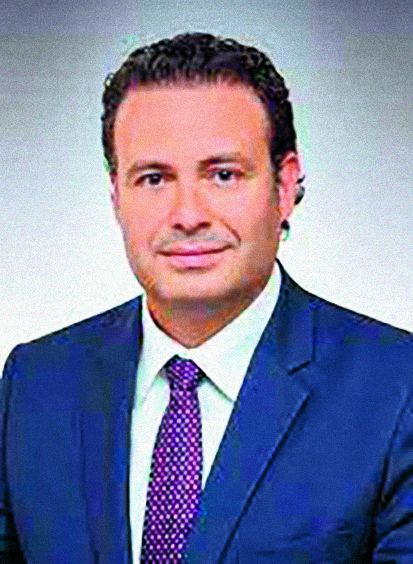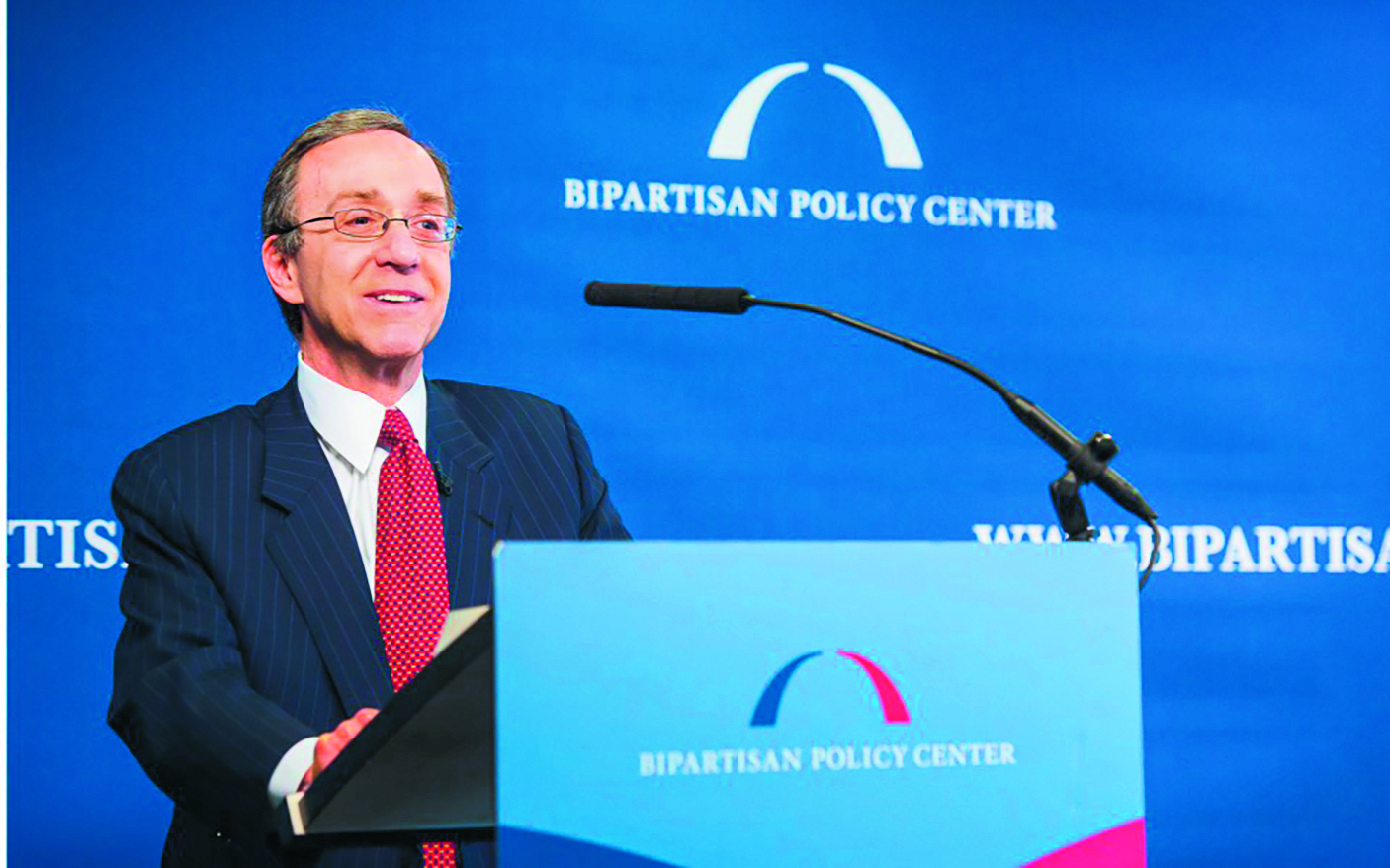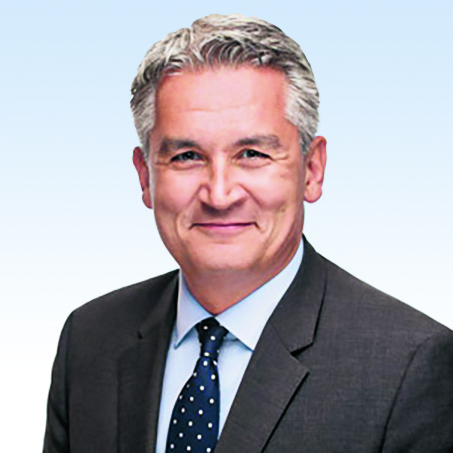
Ozgur Unluhisarsikli
Ankara Office Director, German Marshall Fund USA
Power of polarization

Given that Erdogan is only 0.5% away from victory, Kılıçdaroğlu is unlikely to be able to turn the tide of the game. In the case of the Turkish elections, the power of polarization and identity politics has finally prevailed. In any country, the majority of voters vote emotionally, based on their social affiliation. So if Erdogan is elected, it is no exaggeration to say that he will rule without resistance. His main concern will be the transfer of power to the next leader of his party. In the meantime, he has to cope with a very difficult financial situation, the cause of which he himself became. He is likely to remain tough at home to maintain his dominance ahead of the transition but be more pragmatic in foreign policy to gain access to international capital. Erdogan was in the process of changing his foreign policy even before the elections, mainly due to the economic situation in Turkey. We may see further changes if the Biden administration decides to work more closely with Erdogan after the election. With regard specifically to Greek-Turkish relations, if the two countries can overcome their differences in the near future, it will be a very pleasant surprise. However, history shows that Greece and Turkey can only maintain a constructive relationship when both sides want it. I believe that as soon as important elections in both countries are behind us, we can see a period of constructive relations.
Alan Makovsky
Senior Fellow, National Security and International Policy, Center for American Progress
Authoritarianism inside, flexibility outside

It is always difficult to make predictions in solo modes. However, assuming Erdogan wins the second round, he will feel justified in both domestic and foreign policy. Domestically, it is almost certainly further authoritarian measures aimed at silencing his opponents. As far as foreign policy is concerned, he will not be in the mood to improve his relations with the West, angered by the perception that the West is backing Kılıçdaroğlu. He will instinctively continue Turkey’s move towards neutrality, but without withdrawing from NATO. It is noteworthy that he recently assured that “our relations with Russia are no less important than our relations with the United States.” But he will have to deal with the deterioration of his economy, and he will not be able to count on the generosity of Russia and Saudi Arabia indefinitely. The West continues to be Turkey’s largest export market and a major source of foreign direct investment.
Reality may reveal Erdogan’s pragmatic side. Meanwhile, given Turkey’s economic position, it is likely to maintain post-quake relations with Greece, at least in the short term, and not cede claims to the Aegean and the Eastern Mediterranean. As for Cyprus, there will most likely not be a retreat from the “two-state” policy. A return to negotiations on the Cyprus issue is unlikely. In general, Erdogan is unpredictable and will change course in any direction he sees fit.
Khakan Akbas
Albright Stonebridge Group Senior Advisor
Voltage high

Turkey has clearly moved more towards far-right nationalism and conservatism, which now represent 2/3 of the Turkish parliament. If President Erdogan ultimately wins the election, it is likely that his latest foreign policy initiatives will continue. In particular, diplomacy with former regional rivals such as Greece, Israel and Egypt. In addition, maintaining a pro-Ukrainian position, but not an anti-Russian one. After a long period of regional isolation – the result of a particularly dynamic regional policy, especially in the Eastern Mediterranean – Erdogan has recently made it a priority to rebuild relations with Turkey’s regional neighbors in order to attract economic support for the Turkish economy. Earthquake diplomacy also helped in this direction. Over the past two years, Turkey has normalized relations with the United Arab Emirates and Saudi Arabia, actively seeking investment from the Persian Gulf to develop its economy. Visa liberalization, customs union modernization and immigration will continue to dominate the agenda between Turkey and the European Union. A Kılıçdaroğlu presidency would likely lead to a more balanced relationship with the West, in a less businesslike and belligerent tone. Kılıçdaroğlu also announced his intention to fulfill all the criteria to ensure Turkey’s accession to the European Union. However, no matter who is elected, in the end it is likely that Turkey’s territorial disputes and high tensions with Greece and Cyprus will continue.
Berk Esen
Professor at Sabanci University, Istanbul
To an “uncomfortable” world

With the support of the state and the onslaught of the authoritarian regime, Erdogan was already the favorite even before the first round. There is a pessimistic view that the election results will further highlight the authoritarian characteristics of Erdogan’s leadership. This is indeed possible, since the opposition is especially weakened by the lack of competitiveness of its leadership. By the way, I don’t think that Kılıçdaroğlu will be able to hold his positions any longer. However, the 2024 local elections will be an interesting test for Erdogan, who for the first time failed to win 50% of the vote in the first round. Türkiye is still going through an economic crisis and often has health problems. The question is whether he has enough reserves to see out his new term. In foreign policy, he will try to benefit both from Russia and from the West, from which he will need support. He is likely to use both the Ukrainian and immigration issues as leverage. Something similar is likely to be expected in relations with Greece. The diplomacy of the earthquake, which was not as dynamic as we saw it in 1999, most likely will not continue. It is noteworthy that not only Erdogan conducts foreign policy, but also a group of his entourage, which pursues policy based on domestic goals that serve its interests. We should not expect an increase in tension, but also significant progress. An “uncomfortable” peace between the two countries is the most likely scenario.
Source: Kathimerini
Anna White is a journalist at 247 News Reel, where she writes on world news and current events. She is known for her insightful analysis and compelling storytelling. Anna’s articles have been widely read and shared, earning her a reputation as a talented and respected journalist. She delivers in-depth and accurate understanding of the world’s most pressing issues.